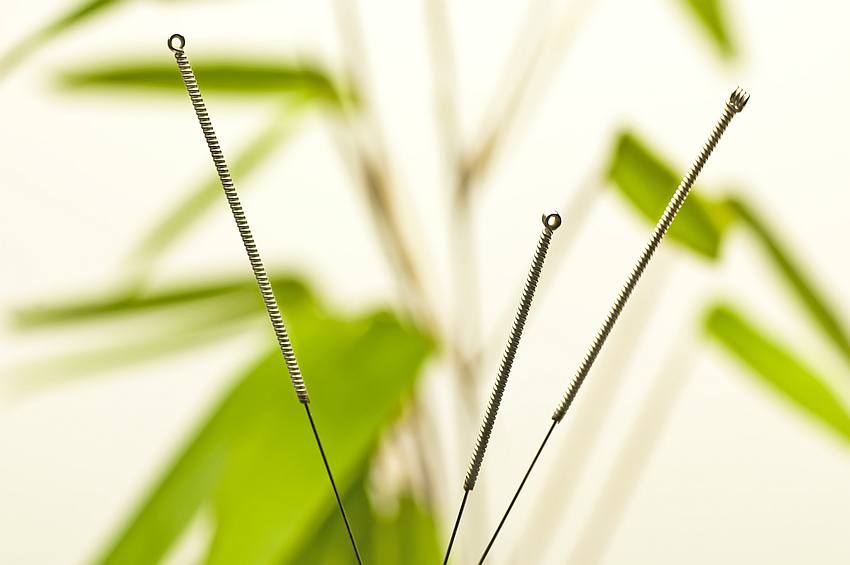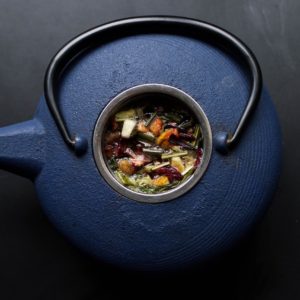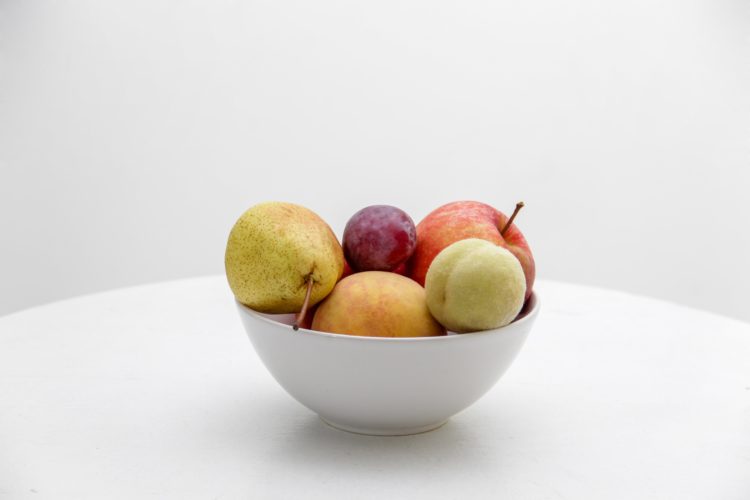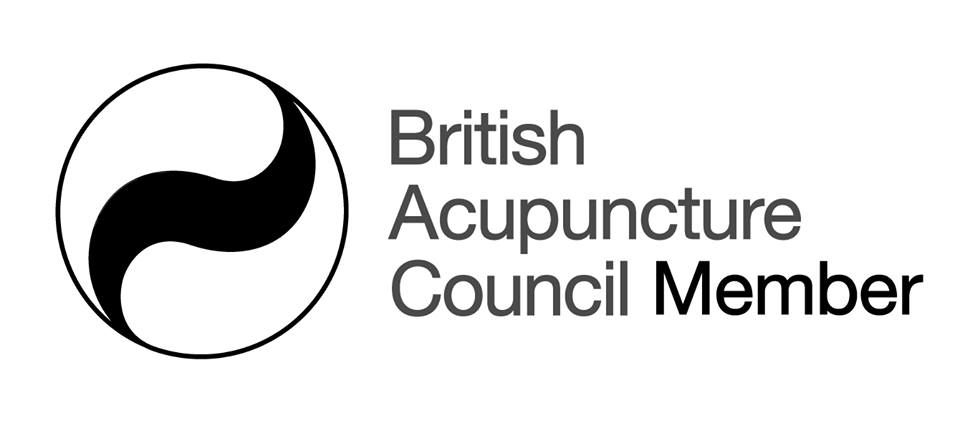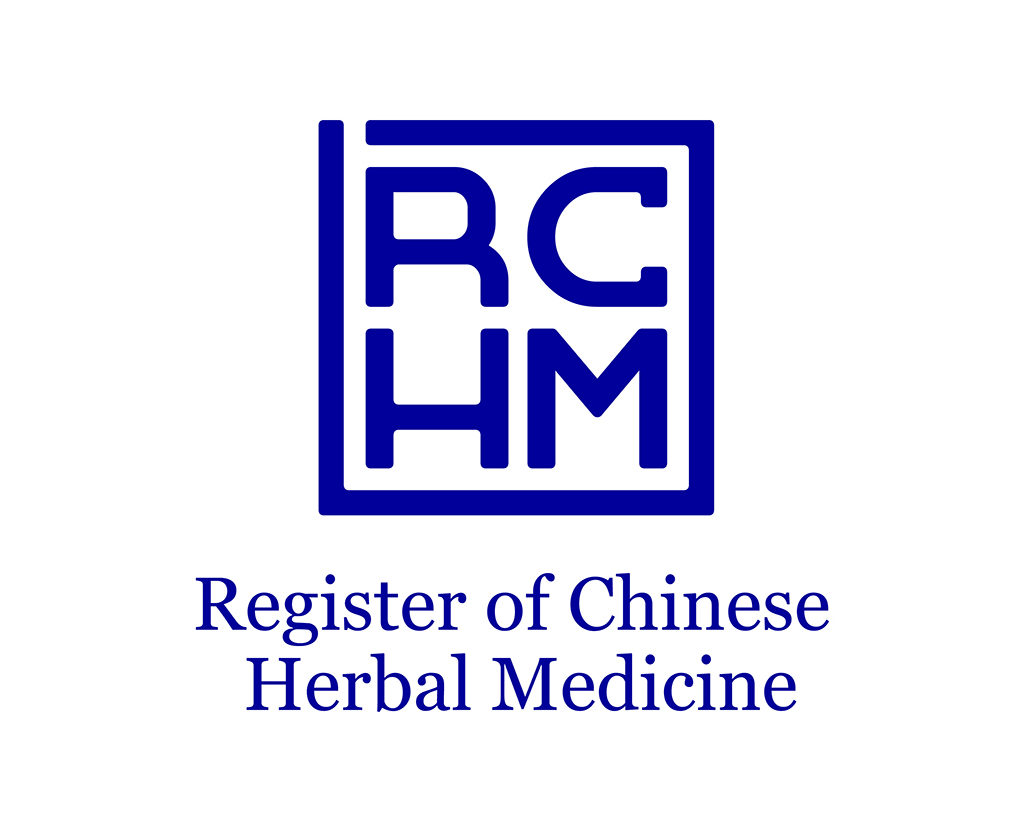Menstrual health
Natural remedies for health

You and your period
In an ideal world, your menstrual cycle should be regular and your period should be neither too long nor too short, too heavy or too light, and clot free and painless.
Your cycle is measured from the first day of one period to the first day of the next It really doesn’t matter whether it’s as short as 24 days or as long as 32, the important thing is that it’s regular – because that’s how you work out when you’re ovulating which matters a lot when you’re trying to get pregnant.
Aside from an irregular cycle, some women also suffer pain when they ovulate, menstrual cramps,bleeding between periods,low back ache, breast pain, headaches or mood swings.
Western medicine isn’t really very bothered about menstrual irregularities in young women. In the majority of cases, the ‘treatment’ is the birth control pill .
This stops the natural hormone cycles and with it your symptoms. Of course when you stop the pill,, there they are again!
Along with hormone imbalances, common western diagnoses include ovarian cysts, PCOS, endometriosis, fibroids and polyps.
Bear in mind that bleeding between periods can be a sign of cancer so you should always get it checked out by your doctor.
If you have an irregular cycle, very long cycles or even amenorrhoea (no periods) this can be a sign of polycystic ovaries and it’s really worth addressing it sooner rather than later. Remember that whilst the pill will apparently give you regular periods, it’s doing nothing to change the condition.

Chinese medicine and your menstrual
cycle
Chinese medicine (CM) considers everything about your cycle and your period to be important, from frequency and duration to the colour of your menstrual blood.
The nature of each characteristic is a pointer to underlying ‘energetic imbalances’, which in turn leads to diagnosis and treatment.
For example, pain in Chinese medicine is commonly caused by ‘stagnation’. That is, the body’s ‘energies’ are obstructed in some way and can’t circulate. This leads to a kind of pressure build-up and results in pain.
Common diagnoses of painful periods, according to Chinese medicine, include stagnation of blood. This could be cold leading to stagnation of blood in the uterus, or stagnation of liver blood or liver qi. The nature of the pain, colour of blood, whether you have clots, and the heaviness of your period would be different in each case.
Other useful signs can include whether the pain improves with warmth or movement, or even whether it radiates to your low back or down your thighs,, and other general symptoms such as migraines or nausea. Whole books have been written on the subject, but you probably get the general idea.

Chinese medicine for period problems
Alone or in combination, Chinese herbs and acupuncture can help with a multitude of menstrual and other period related problems such as breast pain, back ache. headaches and migraine, or mood swings.
It always aims to regulate the cycle and smooth the period, stop pain and clear obstruction.. In my experience it can be quite magical for symptoms of PMS, including those annoying pre-menstrual spots.
The list below is just to give a general idea of the sort of things it can treat.
| Period problems | |||
|---|---|---|---|
| PMS | Painful periods | Heavy periods | No periods |
| Scanty periods | Long/short cycles | Irreg periods | Irreg flow |
| Acne | Migraine | Thrush | Cystitis |
| Bowel problems | Endometriosis | PCOS | Menopause |
| Hormone issues | Painful breasts | Mood swings |
It’s true that some conditions are more difficult to treat than others, but even though progress may be slow, most women feel they benefit from treatment and say they feel generally ‘well-er’.
If you’d like to find out if acupuncture or herbs could help you please get in touch
